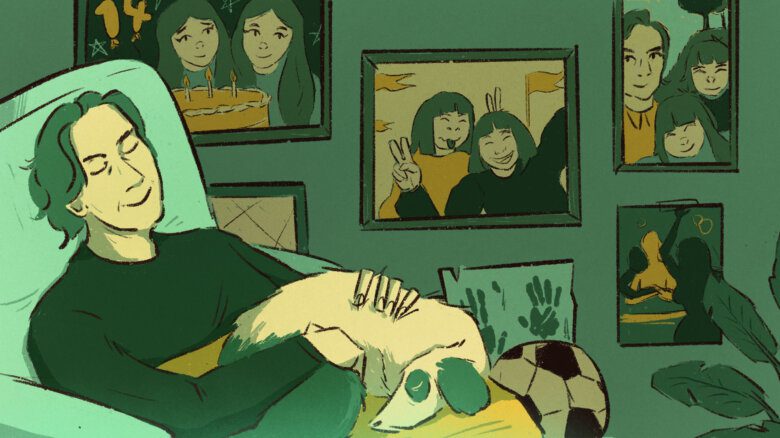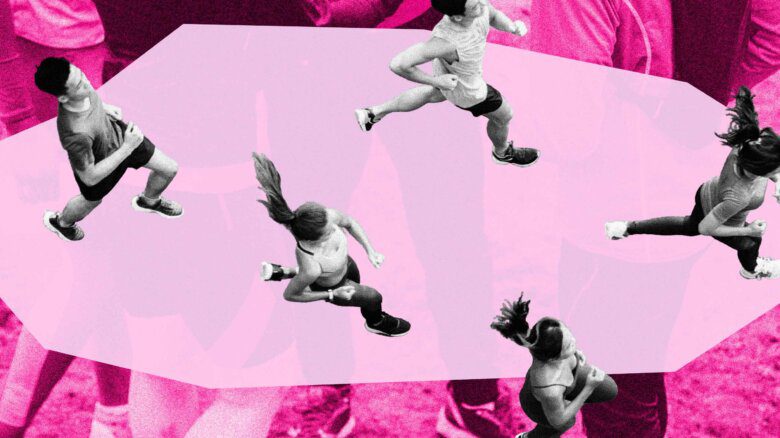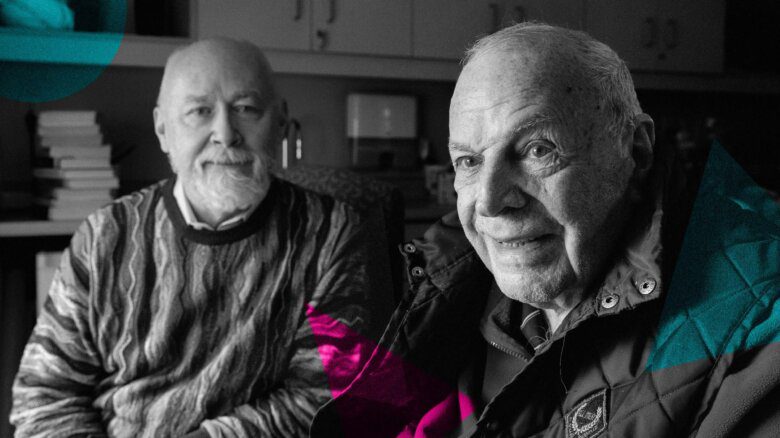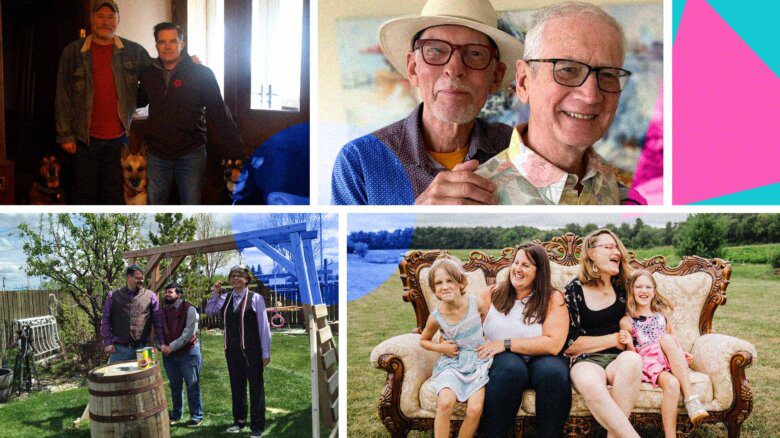“Ask Kai: Advice for the Apocalypse” is a column by Kai Cheng Thom to help you survive and thrive in a challenging world. Have a question? Email askkai@xtramagazine.com.
Dear Kai,
How do you practice compassion for someone who really hurt you and from whom you will never get any accountability? A few years ago, I had a really bad experience with someone in my local queer community. I’ve gone back and forth on the thought, “I was abused.” Sometimes, that phrase sits well with me, and sometimes it doesn’t. It’s probably most accurate to say that this person really did not hear my emotional or physical boundaries, and kept on pushing them repeatedly. They were the kind of friend who felt really entitled to my time and emotional energy and would get angry when I didn’t give it to them. The kind of friend who could get physically aggressive when they were intoxicated or upset.
They’re fun and charming when they’re “on” and when they’re “off,” they’re kind of scary. They know how to apologize when you try to address weird dynamics, but then things don’t seem to change. But it’s really important to me to acknowledge that this person grew up experiencing a lot of trauma and abuse, from what they’ve told me.
I cut things off with my ex-friend after a night out where things just got really messy and weird. They were drunk and “jokingly” came on to me in ways that did not feel like a joke, and that I did not appreciate. I set a boundary with them and they started getting angry with me, acting like I was in the wrong for being “too sensitive.” I basically just cut them out of my life after that, and I later heard that they were badmouthing me—not the worst of the worst, but telling people that I was immature, oversensitive, and that I was a bad friend for ghosting them.
Flash forward a few years, and I’m honestly still really pissed off about the whole thing. I don’t know why but I can’t get over it (maybe I really am too sensitive). I don’t like having to see this person around town, and I don’t like that we share friends who might be influenced against me because of them. Sometimes I think about calling them out, letting people know what I know. I wouldn’t actually do that, because I believe in Transformative Justice, but sometimes I really, REALLY want to. I am so angry that sometimes it scares me. I’ve kept this all to myself for so long. I want to forgive, but I also want accountability, which I doubt I will ever get. How can I be more compassionate and move on?
Bad Survivor
Dear B,
When you ask me how you can be more compassionate, my heart wants to cry out in answer: I hope you start by offering that compassion to yourself. The fragile little worlds of queer communities can be beautiful and nourishing, but they can also expose us to violence and conflict. We create community from our collective hopes and dreams, and unfortunately, we also weave our traumas and bad patterns into that fabric as well. It’s so easy to get lost amidst all of those competing dreams and ideas, when all we want is to be good.
Allow me here to bring in the much-beloved wisdom of queer poet Mary Oliver: In her most famous poem, “Wild Geese,” Mary Oliver tells us, “You do not have to be good / You do not have to walk on your knees / For a hundred miles through the desert, repenting / You only have to let the soft animal of your body / love what it loves.” You do not have to be good, B. You do not have to live up to someone else’s idea of what it means to think and feel in the right way; you don’t even need to be 100 percent consistent in your own idea of what it means to think and feel in the right way. You are allowed, simply, to feel whatever you feel. You are allowed to contradict yourself, to be inconsistent. To be allowed inconsistency is to be granted permission to be fully human.
I wasn’t there when you experienced what you experienced. I can’t know or judge what happened with your ex-friend. What I do know is that neither you nor anyone else deserves to be treated with violence and disrespect, and it certainly sounds like that is what happened to you. Does that mean that you were abused? At the end of the day, you get to decide for yourself, but if it helps, I can offer this: Based on what you have told me, it does seem like your ex-friend’s behaviours could fit into the category of abuse in the sense that they were a significant and repeated violation of your boundaries in an attempt to establish a dynamic of power or control. Queer writers Sarah Schulman and adrienne maree brown (who references Schulman in her book We Will Not Cancel Us) both include in their definitions of abuse the misuse of power within a relationship. Perhaps that framing can be helpful to you, B. I know it has been for me.
Yet in some ways, I don’t think that it is the diagnosis of “abuse” or “not abuse” that really matters most here, B. To me, what matters most in your story is that you were hurt. You were mistreated. Possibly, you were triggered and scared. That is not okay to me, in queer world or in any world, and I think that you deserve care, kindness and community support regardless of how we label what you experienced. You do not need to push yourself to “get over it” on someone else’s timeline, or to prove that you are not too sensitive. Allow me to paraphrase Oliver here: You do not need to get over it. You do not need to walk a hundred miles through the forest, healing. You only need to let the wounded animal of your body feel what it feels.
“Anger is the body telling us that our boundaries have been crossed.”
I believe this includes anger too, B. I think you get to be angry: To rage. To dream of telling your story to the world, or even to dream of vengeance. It is only natural, and I believe it can be healthy and a part of our healing, so long as we do not get stuck in toxic rage or cross the line into violence. Anger is not inherently toxic, nor is it inherently violent. There is so much confusion, in the queer world and the entire world, about the relationship between anger and violence. The distinction, however, is relatively clear: Anger is the body telling us that our boundaries have been crossed. Violence is crossing another person’s boundaries in order to do them harm. You are not entitled to violence, but you are certainly entitled to your anger.
One more Oliver paraphrase: You do not have to be good. You do not need to walk a hundred miles in the desert, forgiving. You only have to let the vengeful animal of your body rage how it rages.
Transformative Justice is not a religion, B. It doesn’t demand purity or rigid adherence to dogma, or at least, I don’t believe it should. Transformative Justice is a dream, a politic and practice. The politic asks us to believe that a world that is not based on police, prisons and punishment would be better for us all. The practice asks us to do our best to replace punitive systems and norms with ones that change the social conditions that lead to harm. It does not ask us to be saints or perfectly enlightened beings. It does not require you to deny parts of yourself.
The therapeutic innovator Richard Schwartz, creator of the Internal Family Systems modality, tells us that there are “no bad parts” within our psyche—that is, all of the aspects of our personalities (including the ones that contradict our ideals) are in some way working to help us survive. Within Schwartz’s paradigm, those parts that we struggle to repress and exile are essential and in need of healing. I suspect that your anger has great wisdom within it, B. I suspect it will tell you what you need to heal, if you are patient with it. I urge you to spend time with that anger—perhaps with the help of supportive people or professionals in your life. Beyond the initial urge to lash out in revenge, what else is it saying about what you need?
I also think that it’s important to say that while I very much respect your decision not to “call out” your ex-friend, there is an important distinction between not calling someone out and keeping a secret that is hurting you. When we have been hurt or traumatized, it is so important that we have agency over our stories—that we are able to share our experience with the people who matter to us in our own time, in our own way. To me, a call out is trying to shame someone or ruin their life on the internet by cutting off their access to community and humiliating them in front of strangers. Sharing your story is inviting the people in your life to witness and support you and correct mistruths. You get to share your story, B. You do not have to keep secrets that are hurting you.
There is an old saying that compassion is a two-way street. I am not sure that this is always true, because I think that you are right that it’s very possible you will never get the accountability you deserve. We cannot force people to be accountable, because we cannot control the personal growth of others. What I am sure of is that the compassion you give to the people who have hurt you is also compassion that you owe yourself in equal measure.
Trust the soft animal of your body, B. It knows where you need to go.
Kai Cheng Thom is no longer a registered or practicing mental health professional. The opinions expressed in this column are not intended or implied to be a substitute for professional medical advice, diagnosis or treatment. All content in this column, including, but not limited to, all text, graphics, videos and images, is for general information purposes only. This column, its author, Xtra (including its parent and affiliated companies, as well as their directors, officers, employees, successors and assigns) and any guest authors are not responsible for the accuracy of the information contained in this column or the outcome of following any information provided directly or indirectly from it.
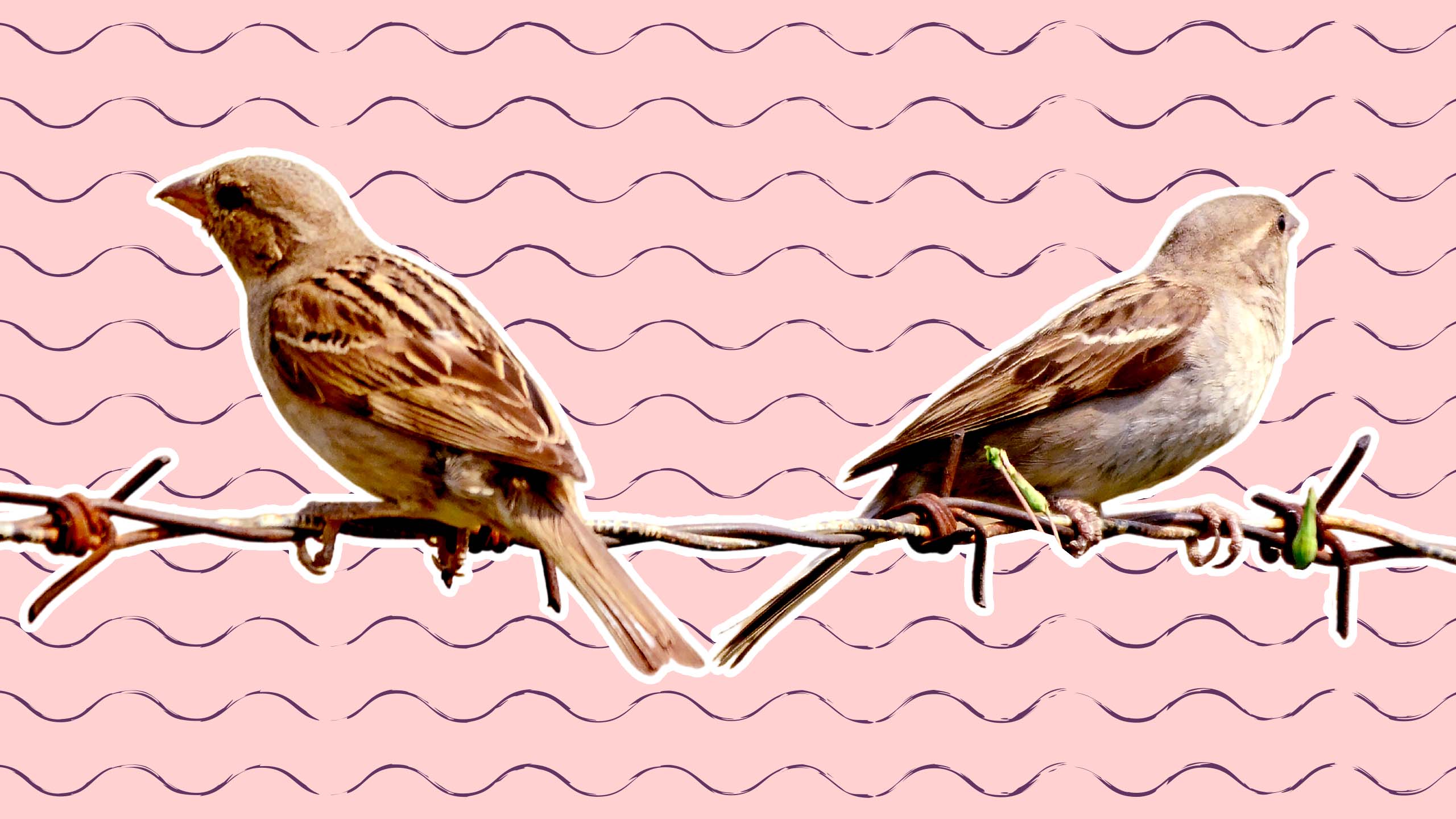

 Why you can trust Xtra
Why you can trust Xtra